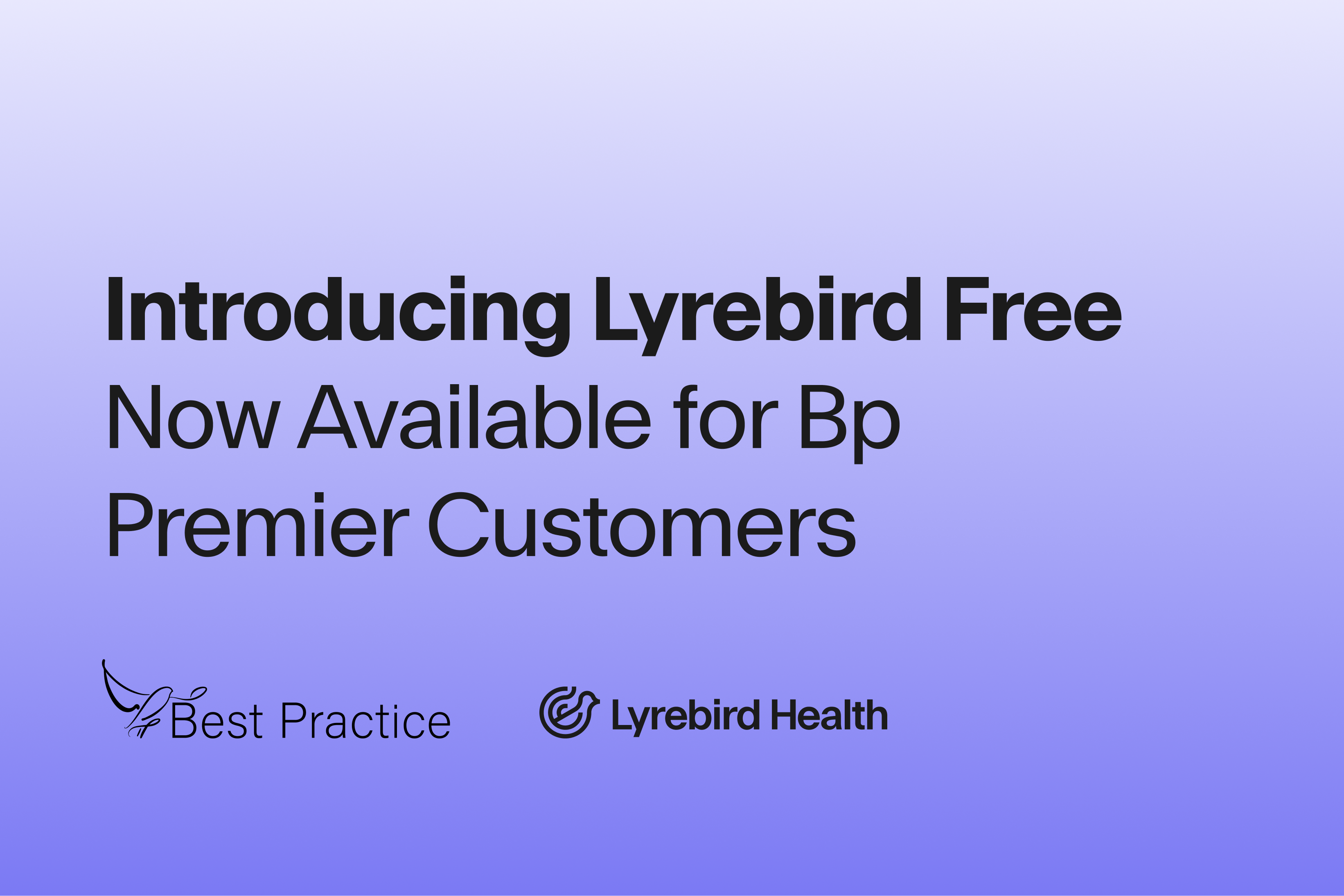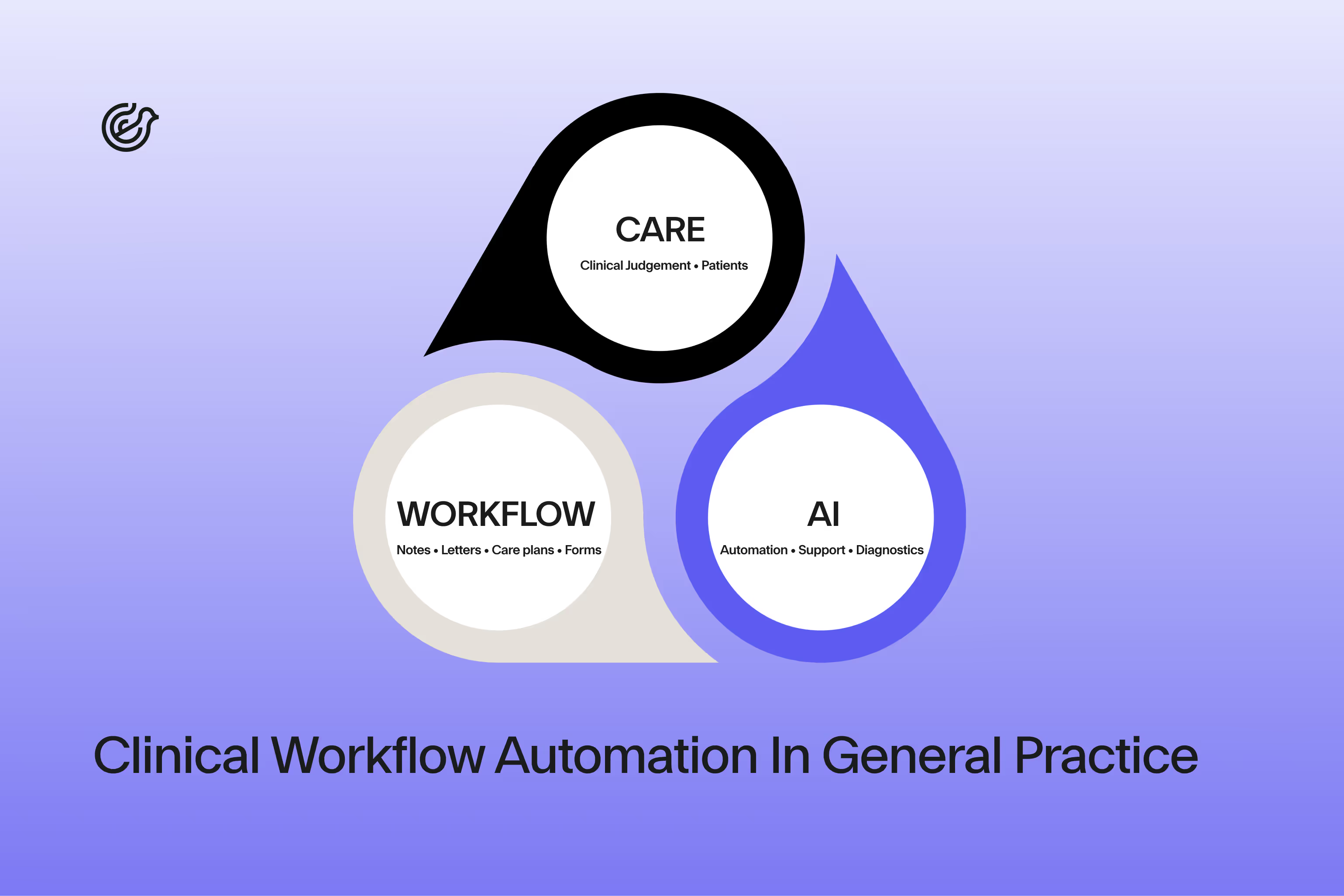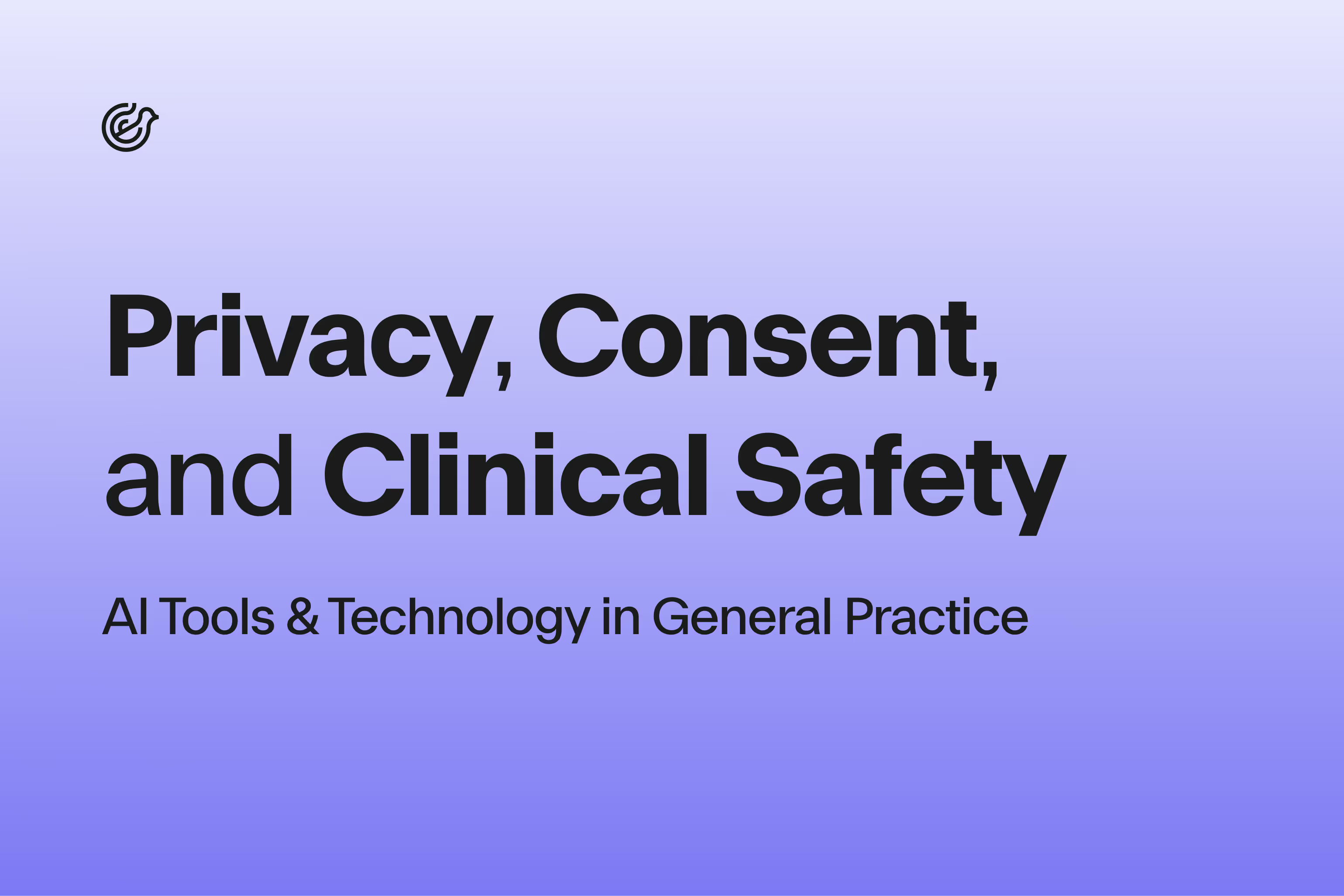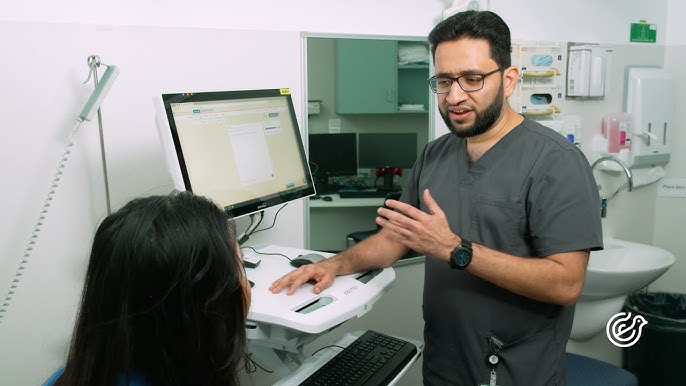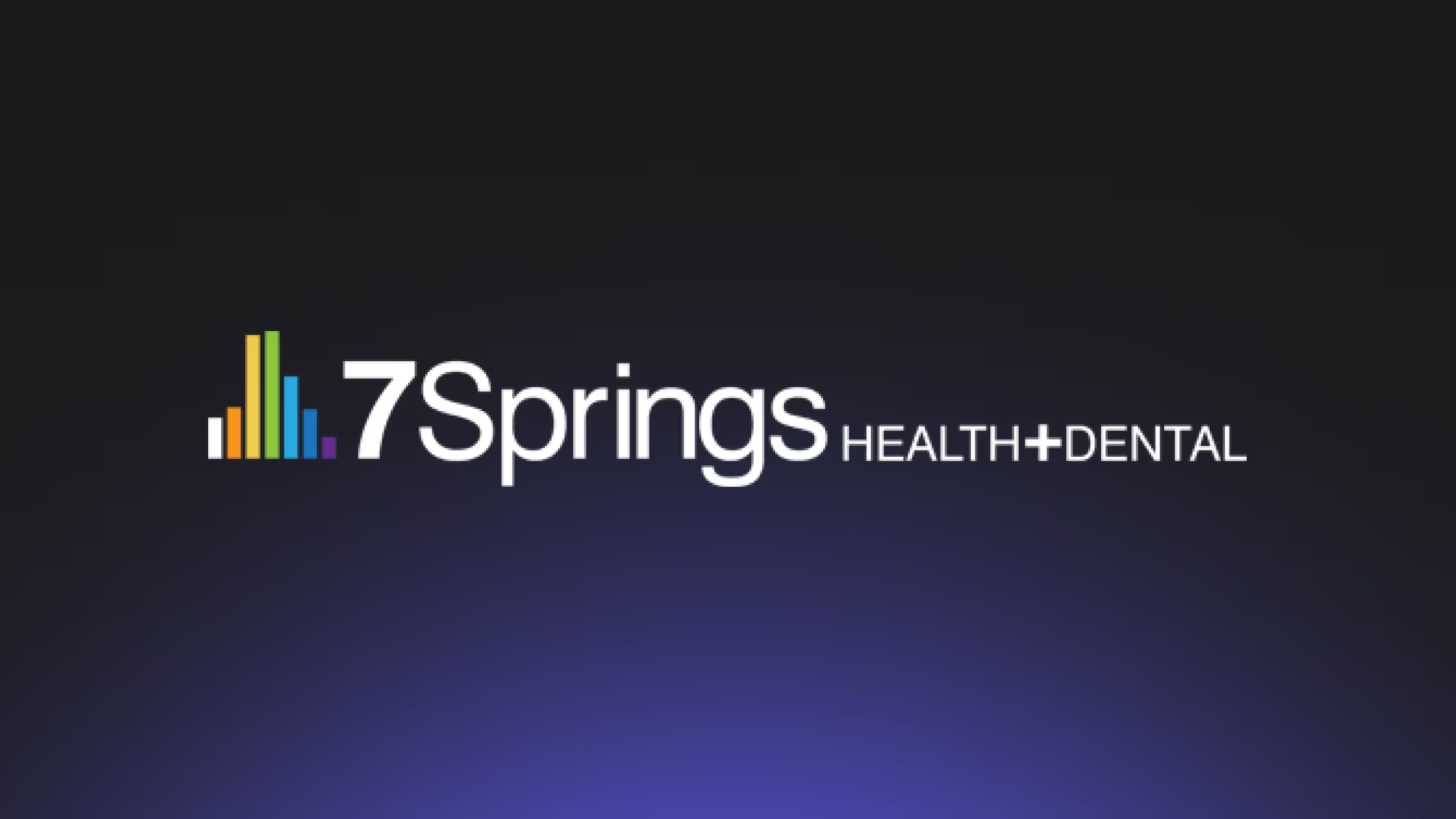The Guide To Discharge Summary Writing with ChatGPT

The Guide To Discharge Summary Writing with ChatGPT
In today's digital age, technology has made significant advancements in healthcare. Artificial Intelligence (AI) has emerged as a powerful tool in the field of medicine, revolutionising the way healthcare professionals operate. One particular application of AI in healthcare is the use of AI chatbots like ChatGPT to assist in writing discharge summaries. By leveraging chatGPT, healthcare professionals can save time and effort when it comes to creating comprehensive and accurate discharge summaries. These summaries are crucial in ensuring smooth transitions of care and effective communication between healthcare providers.
What are prompts?
The prompt is a crucial component when using ChatGPT for writing discharge summaries. It acts as an instruction or starting point for the model to generate the desired text. By providing a well-structured prompt, you can guide ChatGPT to generate relevant and coherent discharge summaries.
When using ChatGPT, you can start your prompt with essential information such as the patient's name, age, diagnosis, and relevant medical history. It is also helpful to include specific instructions on the key components to be included in the discharge summary, such as the patient's condition at discharge, recommended follow-up care, and any other pertinent information.
For example, a prompt for a discharge summary could be:
"Patient Name: John DoeAge: 45Diagnosis: Acute Myocardial InfarctionMedical History: Hypertension, Hyperlipidemia
Please generate a comprehensive discharge summary for Mr. John Doe following his hospitalisation for Acute Myocardial Infarction. Include details about his condition at discharge, recommended medications, lifestyle modifications, and any necessary follow-up care."
By providing a clear and structured prompt, you can ensure that ChatGPT generates a discharge summary that meets your specific requirements.
Some thoughts on privacy
As with any technology that involves the use of personal and sensitive information, privacy is a valid concern when using AI chatbots like ChatGPT for writing discharge summaries. It is essential to be mindful of privacy regulations and ensure that patient data is protected.
When using ChatGPT, it is advisable to anonymise patient information in the prompt. Avoid including any personally identifiable information (PII) such as patient names, addresses, or social security numbers. Instead, use generic terms like "Patient A" or "Male patient in his 40s" to maintain anonymity.
Furthermore, it is crucial to use secure and encrypted platforms when interacting with AI chatbots. Ensure that the platform you are using complies with data protection regulations, such as the General Data Protection Regulation (GDPR) or the Health Insurance Portability and Accountability Act (HIPAA) in the United States.
By following these privacy considerations, you can use ChatGPT confidently while safeguarding patient confidentiality and privacy.
Do I need to edit?
While ChatGPT is an impressive tool that can generate coherent and accurate text, it is still an AI model, and like any AI, it has its limitations. It is advisable to review and edit the discharge summary generated by ChatGPT before finalising it.
When editing, pay attention to the clarity and coherence of the text. Ensure that the discharge summary accurately reflects the patient's condition, treatment plan, and any recommendations for follow-up care. Check for any grammatical errors, inconsistencies, or missing information that may need to be added.
Additionally, it is essential to use your clinical judgment when reviewing the discharge summary. As a healthcare professional, you possess valuable expertise and firsthand knowledge of the patient's condition. Incorporate your clinical insights into the discharge summary to ensure its accuracy and completeness.
By reviewing and editing the discharge summary, you can enhance the quality and precision of the generated text, making it more suitable for the specific needs of your patient.
Conclusion
In conclusion, ChatGPT is a powerful AI tool that can significantly streamline the process of writing discharge summaries. By leveraging its capabilities, healthcare professionals can save time and effort while ensuring accurate and comprehensive documentation.
When using ChatGPT, remember the importance of a well-structured prompt to guide the generation of discharge summaries. Consider privacy regulations and anonymise patient information to protect confidentiality. Finally, review and edit the generated discharge summary to ensure accuracy and incorporate your clinical expertise.
By combining the power of AI with your clinical skills, you can enhance the quality of discharge summaries and improve patient care. Embrace the potential of ChatGPT and experience the benefits it brings to your medical practice.

.avif)
